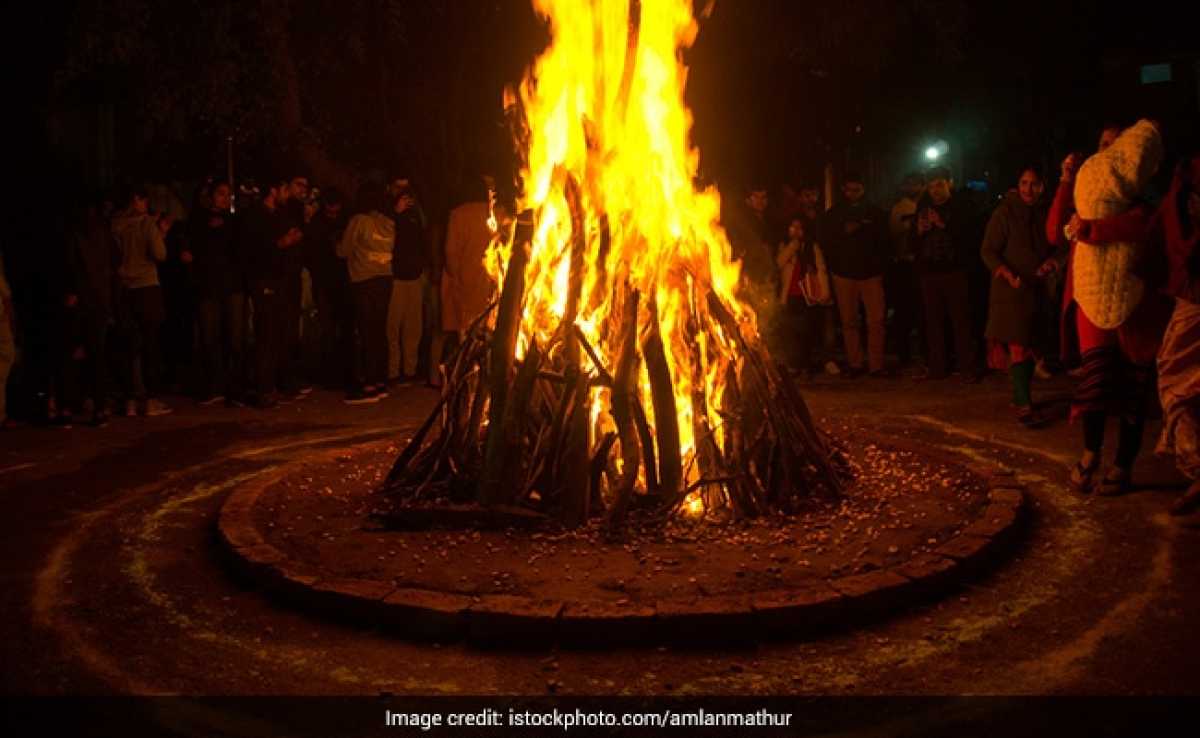News
Lohri 2024: Date, History, Significance, and Celebration of Punjab’s Harvest Festival

Primarily celebrated by the people of Sikh and Hindu communities in the Punjab or North region of the Indian subcontinent, Lohri is a popular harvest festival of the farmers. It is observed a night before Makar Sankranti and is also a traditional winter folk festival that commemorates the passing of the Winter Solstice while looking forward to longer days ahead as the sun journeys towards the northern hemisphere.
In accordance with the solar part of the lunisolar Bikrami calendar, Lohri falls in the Paush month. This year, it will fall on January 14, as per the Gregorian calendar. The main winter crop of Punjab, wheat, is sown in October and is seen at its prime in January across the fields of the Indian state. The crop is then later harvested in March. But after weeks of harvesting the Rabi crop, people gather around a bonfire and celebrate the passing of the winter solstice and the promise of the coming spring season as Lohri in January.
Another special significance attached to the celebration of Lohri is that on this day, the sun enters the Rashi of Makara (Capricorn) which is considered auspicious as it signifies a fresh start. A legend attributes the celebration of Lohri to the tale of ‘Dulla Bhatti,’ who was a local hero of the Punjab region. During the reign of the Mughal Emperor, Akbar, Dulla Bhatti worked as a savior of the people and was considered the ‘Robin Hood’ of Punjab as he would steal from the rich to provide for the poor. He famously saved a group of young girls from being sold into slavery and arranged their marriages to the village boys, providing them with dowry from the stolen loot. Amongst these girls were Sundri and Mundri, who have now come to be associated with Punjab’s folklore, Sunder Mundriye.
On Lohri, ‘Dulla Bhatti’ is celebrated, and various songs and dances are performed in his honor. The festival is also dedicated to the sun deity, Surya, as on this day the devotees expect its returning after the cold winter days and ask for warmth and sunshine. Each year, the festival of Lohri is celebrated with a traditional bonfire. People offer prayers to the Gods for a healthy harvest and bring prosperity to their families. They also offer peanuts, gur ki rewari, and makhana (fox nuts) to the bonfire, and then dance around it while singing popular folk songs. The celebration is marked by people gathering at a common place, setting up a huge bonfire, and enjoying sweet delicacies together. The festivities are incomplete without the energetic moves of Bhangra and Gidda, traditional Punjabi dances. Punjab’s local food, such as roasted corn, gurh, and gachak, are central to the celebration food.












